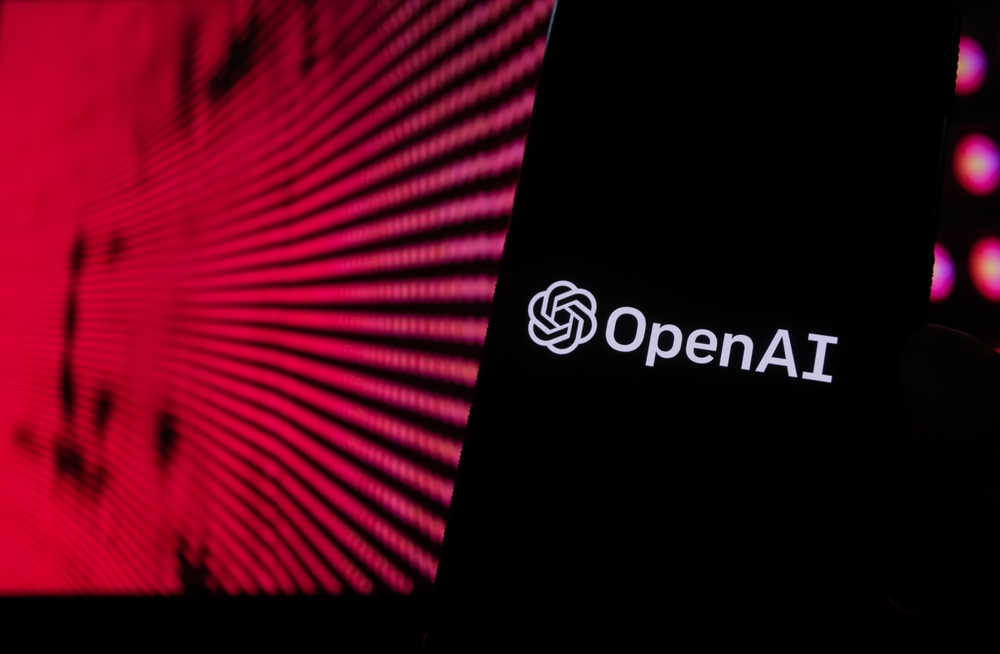
In an unfolding development that could reshape the landscape of artificial intelligence (AI) utilization in China, OpenAI is reportedly planning to restrict API access to users within China, citing regulatory and operational challenges. This decision, expected to come into effect from July 9, has prompted a swift response from Chinese tech companies, which are now positioning themselves to absorb the potential market void.
According to a recent report by the Securities Times, a state-owned newspaper in China, users in the region received communications indicating their location as a “region that OpenAI does not currently support.” The notice elaborated on plans to implement additional measures to block API traffic from specific regions. While the exact reasons behind OpenAI’s decision remain unspecified, this move follows the company’s recent actions against covert influence operations involving its technologies.
Despite the unavailability of ChatGPT in mainland China, resourceful users have circumvented this limitation by accessing OpenAI’s API directly. The Securities Times highlights that several Chinese startups have developed applications utilizing OpenAI’s API, showcasing the critical role it plays in the local tech ecosystem.
In response to OpenAI’s anticipated withdrawal, major Chinese tech entities have swiftly announced attractive incentives to attract OpenAI’s current user base. Notable among these are:
- Baidu: Offers free migration services to its Ernie chatbot, along with additional tokens for its advanced Ernie 3.5 model.
- Alibaba Cloud: Provides free tokens and migration assistance to its newly enhanced Qwen-plus model.
- Zhipu AI: Has initiated a “Special Migration Program” specifically targeting OpenAI API users, promoting its GLM model which purportedly matches the benchmarks set by OpenAI’s models.
| Company | AI Model | Offered Incentives | Comparable Benchmark |
|---|---|---|---|
| Baidu | Ernie 3.5 | Free migration, additional tokens | Yes |
| Alibaba Cloud | Qwen-plus | Free tokens, migration assistance | Yes |
| Zhipu AI | GLM | Special Migration Program for OpenAI API users | Yes |
The decision by OpenAI to limit access comes amidst growing concerns about the use of generative AI models in influence operations. A recent investigation by OpenAI identified five such operations, including one operated by a Chinese network known as “Spamouflage.” This network reportedly utilized OpenAI models to craft social media posts targeting critics of the Chinese government. This incident, among others, has prompted heightened scrutiny from various governments, including the United States. The Biden Administration, recognizing the cybersecurity risks posed by generative AI models, has mandated thorough security testing and evaluations of these foundation models under a new AI executive order.
This strategic pivot by OpenAI could significantly impact the global AI ecosystem, particularly affecting how AI technologies are deployed and regulated worldwide. It underscores the increasing geopolitical complexities surrounding advanced technologies, where national security considerations are beginning to intertwine with global tech operations.
- Strategic Withdrawal: OpenAI’s decision is a precautionary move in response to regulatory challenges and geopolitical considerations.
- Local Market Response: Chinese companies are actively developing alternatives and incentives to capture OpenAI’s exiting user base.
- Security and Governance: The global discourse on AI ethics, security, and governance is likely to intensify, influencing future policies and tech deployments.
OpenAI’s strategy to limit API access in China marks a significant moment in the tech world, reflecting the broader challenges facing AI deployment across different regulatory environments. As Chinese companies rally to fill the impending gap, the scenario presents a unique opportunity to observe how global and local AI markets adapt to these complex, evolving dynamics. The situation also highlights the pivotal role of AI governance in ensuring technology’s safe and ethical utilization in alignment with global security standards.
Related News:
Featured Image courtesy of The Cyber Express
